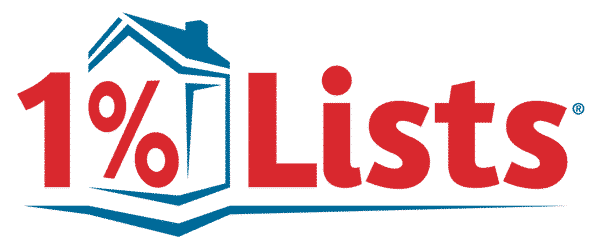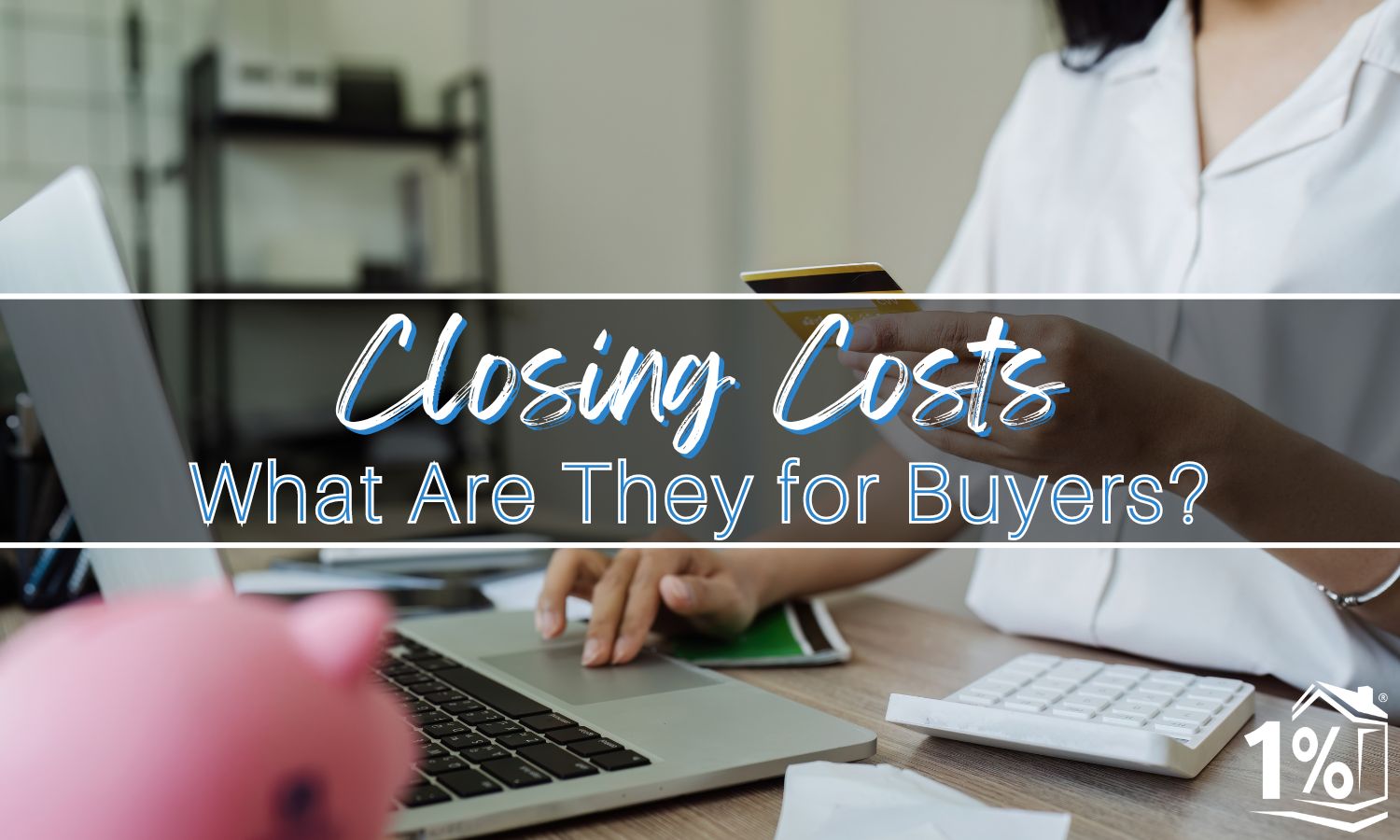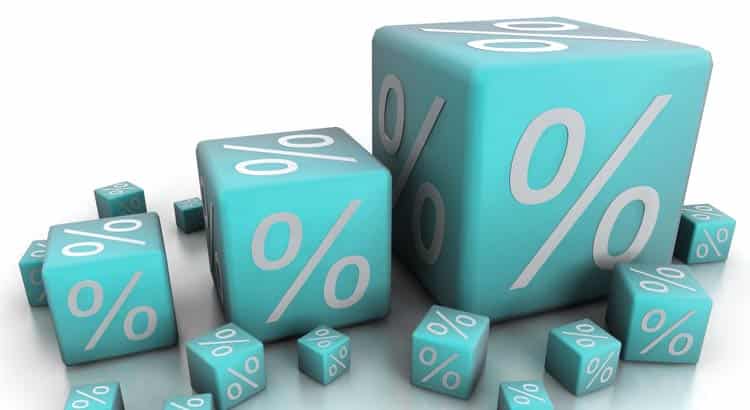Closing costs are often a shock after saving up for a downpayment, finding the right home and getting a loan. These various costs can add thousands to the price of a home.
Closing costs are expenses related to purchasing, financing and owning a home. You’ll have to pay a variety of one-time charges to your lender, as well as third parties who will process your loan application. This is to ensure that the house you are buying and financing is a sound investment for you and your bank. As a homeowner you will prepay certain property costs such as property taxes, homeowners insurance and mortgage insurance. Understanding what closing costs include and how much they cost can help you prepare and budget for a smooth close.
Closing costs for one-time buyers
According to law, lenders are required by law to provide you with a list of your closing costs in the form of a Loan Estimate three days after receiving your mortgage application. Closing costs for buyers are the same on all Closing Disclosure documents, unless there are exceptional circumstances — such as if you change to a shorter term. Closing costs can vary from lender to lender. It pays to compare loan estimates and shop around before making any final decisions.
Here are some of the most common one-time costs that you will encounter.
Origination fee or service fee
The origination fee is charged by most lenders to cover administrative and service costs. It is usually the biggest fee that you will pay when closing on your mortgage. Credible states that most borrowers pay between 0.5% and 1.5% of their loan amount. However, this can vary depending on the lender.
Application fee
Investopedia reports that some lenders charge an additional application fee up to $500 on top of the origination fee. This fee is not refundable even if your loan application is rejected. It’s best to avoid lenders who charge an application fee if you are worried about your eligibility for the loan.
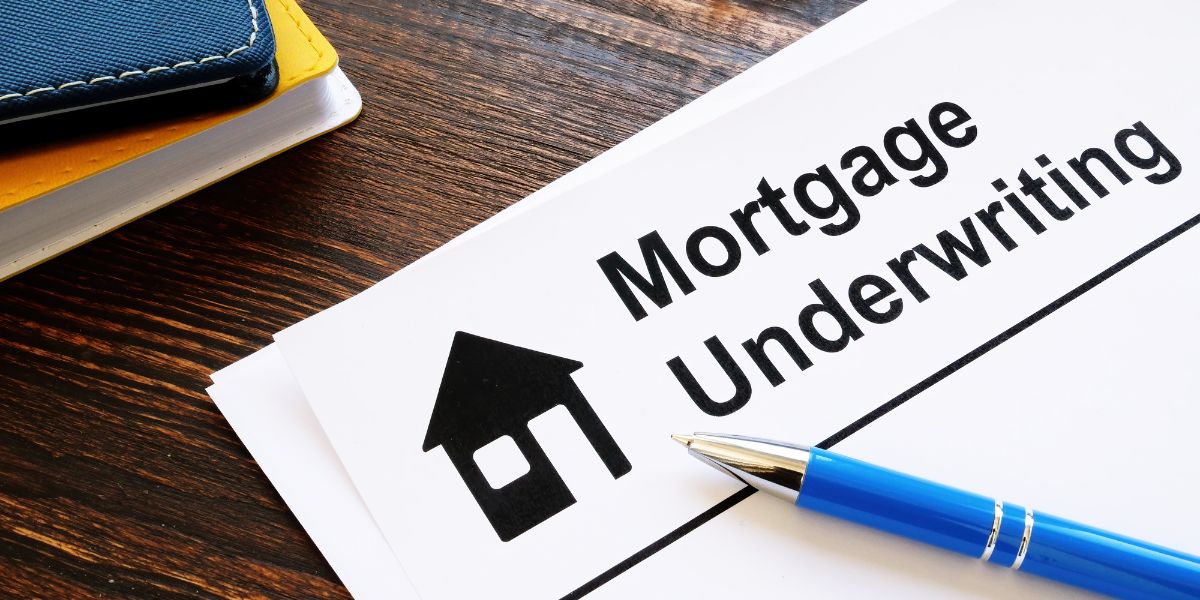
Underwriting fee
Mortgage underwriters evaluate and verify loan applications, and then approve or deny the loan according to their findings. The lender may charge the underwriting fee instead of or in addition the origination fee. If the fee is separate, you can expect to pay anywhere between $300 and $900 according to My mortgage Insider.
Appraisal fee
Your lender will order an appraisal from a third party to make sure you are paying a fair amount for the home. The cost is determined by several factors including the location, size and complexity of the property, as well as the number and type of comparable properties available. According to Fixed, the average cost of a single-family home appraiser is $400.
Discount points
Your lender might offer discount points. You pay more up front, but receive a lower rate of interest, so you will spend less in the long run. According to the Consumer Financial Protection Bureau, each point is equal to 1% of your loan amount. It reduces the interest rate from one-eighth of a percentage to one-quarter.
Interest on pre-paid loans
The first mortgage month is covered by pre-paid interest. The daily interest rate is equal to the annual rate of interest divided by 365. Your prepaid interest is determined by multiplying the amount of the loan by the number of days remaining in the month.
Attorney Fees
An attorney for real estate will coordinate the closing, prepare the closing documents and perform other duties. You could pay anything from $500 to $5,000 depending on how complex the transaction is. Some states, like North Carolina, require an attorney to oversee the closing process.
Search for titles and insurance
A title company will be hired by your lender to conduct a search of the title to make sure there are no liens or legal claims against the property. Title searches cost between $200 and $400. If you are using a closing lawyer, the title search may be included in their fee.
Lender’s title is also included in the cost. This protects the lender if there are any issues with the title. Lender’s title policy is often bundled with the owner’s insurance, which protects you. The cost of this bundle is typically between 0.5% to 1.0% of your purchase price.
Documentation fees
These documents must be notarized and delivered to the appropriate authorities. According to , Zillow, these documentation fees usually amount to $100 to $200.
Credit Report Fees
Credit reports are obtained from three major credit bureaus by lenders to assess your creditworthiness. This helps them manage their risk. Credit reports usually cost around $25.
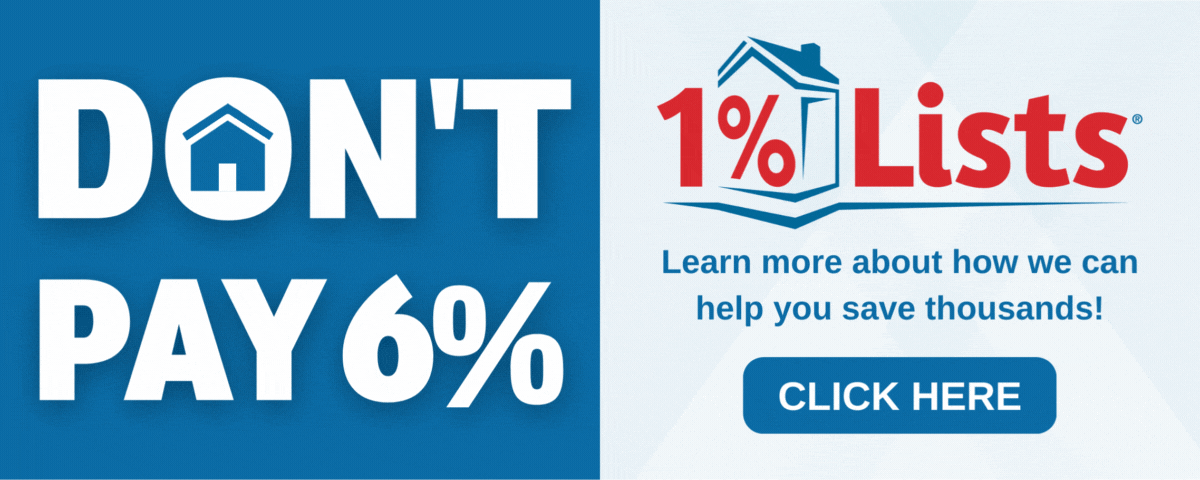
Additional costs when closing
You’ll also be responsible for the prepaids, which are cash payments made at closing that cover expenses before they become due. These fees are placed in an escrow account to make sure you can pay your bills and keep your lender happy. Prepaids are typically property taxes, homeowners insurance premiums and mortgage insurance.
Property Taxes
Local governments collect taxes on property to fund community projects and services. Ad valorem taxes are based on the assessed value of your property, multiplied by the local tax rate. The prorated amount of your current year’s property taxes is due at closing.
Homeowners’ insurance premiums
Your home and your personal possessions are protected by homeowners insurance. The insurance can also cover the costs of an accident that damages someone else’s home or injures a guest at your house. Costs vary depending on the insurance provider you choose, the value and contents of your home, and what coverage you choose. Insurance premiums, like property taxes, are typically included in monthly mortgage payments, with up to a full year of coverage prepaid.
Mortgage Insurance
Mortgage insurance protects your lender, not you, if you are late with payments. Private mortgage insurance is required if you take out a conventional loan with less than 20% down payment. According to Rocket Mortgage, the rates are dependent on your credit score and down payment, but can range from 0.5% to 1% per year.
You will pay an upfront mortgage premium (MIP), which is 1.75%, if you are getting a Federal Housing Administration loan with a down payment less than 20%. Then, you will pay an annual MIP that varies based on your loan size, the term and the loan to value ratio.
What are “no closing-cost” mortgages like?
A mortgage with no closing costs does not mean that you will be able to avoid paying any fees. Your lender will either add the closing costs to your monthly mortgage payments or charge you a higher rate of interest for the entire loan. You pay less upfront, but your true home cost increases. It doesn’t make sense financially to choose a mortgage with no closing costs.
A mortgage with no closing costs can still be a good option for first-time buyers who might have difficulty coming up even with the down payment. You may also want to consider this option if your plan is to move, or refinance within a few years.
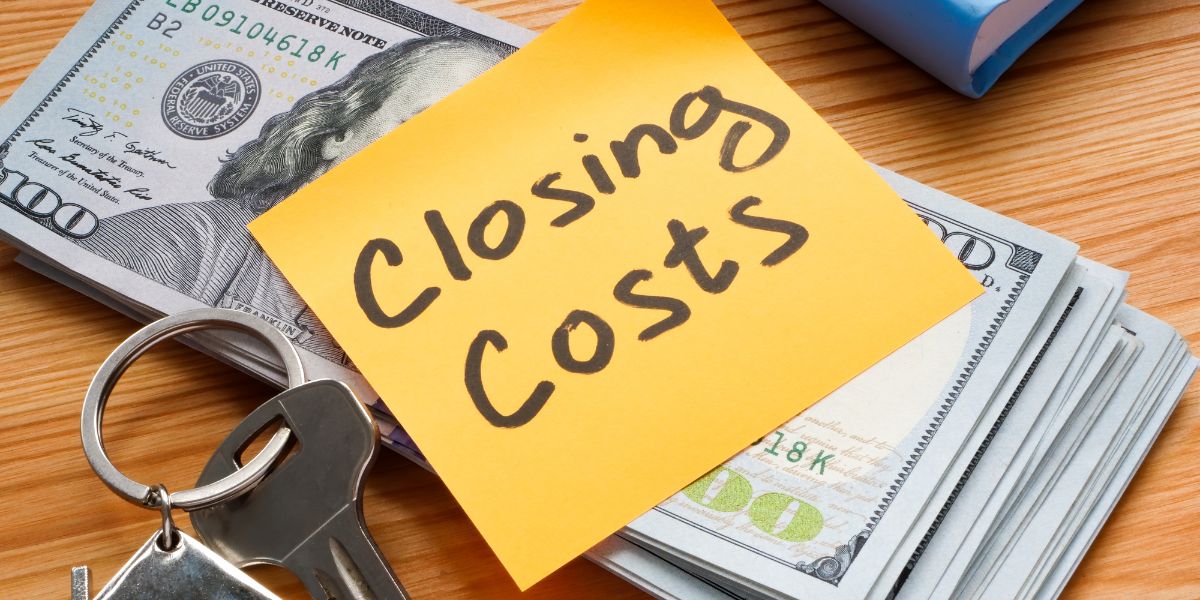
Can the seller pay for closing costs?
Closing expenses can be a large sum of money, but concessions from the seller make them more manageable. Seller concessions are agreements whereby the seller agrees that they will pay for some closing costs with the proceeds of the sale. You will still pay these costs indirectly if the seller and you negotiate a concession. The amount is usually added to the sale price of the house and your mortgage.
In a buyer’s market, sellers are more willing to make concessions when there are many homes available but few buyers. In a buyer’s market, home prices tend to drop and it takes longer for houses to sell. A seller may offer to cover some of the closing costs in order to make their house more appealing to buyers.
Can higher closing cost be a positive thing?
Closing costs that are higher can save you money in the long term. Mortgage discount points can do this, increasing your closing costs upfront while lowering your interest rate. Each point is equal to 1% of your loan amount. This means that each point will reduce the interest rate by a quarter of a percentage. On a $400,000 mortgage, for example, you could save $22,000 over the course of the loan if the initial interest rate was 5%.
You should consider points if you intend to stay in your home for a long time and recoup those higher upfront costs. A mortgage calculator online can help you crunch the numbers.
Wrapping up
You will need to plan for your down payment as well as the closing costs. These can be significant. Closing costs can be paid from your checking or savings account, or by your lender.
Closing costs are usually higher for buyers than for sellers, but not always. This is because the real estate commission is usually paid by the seller, and then split between the listing agent of the seller and the agent for the buyer. Since agents typically make 6% of a home’s price, real estate commissions are the most expensive closing cost.
